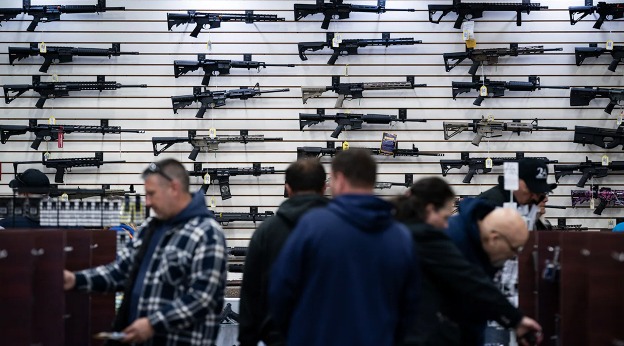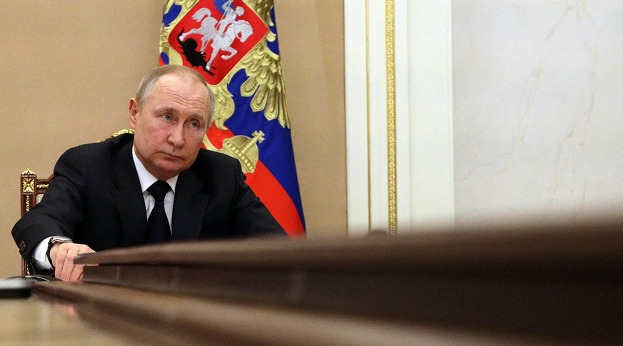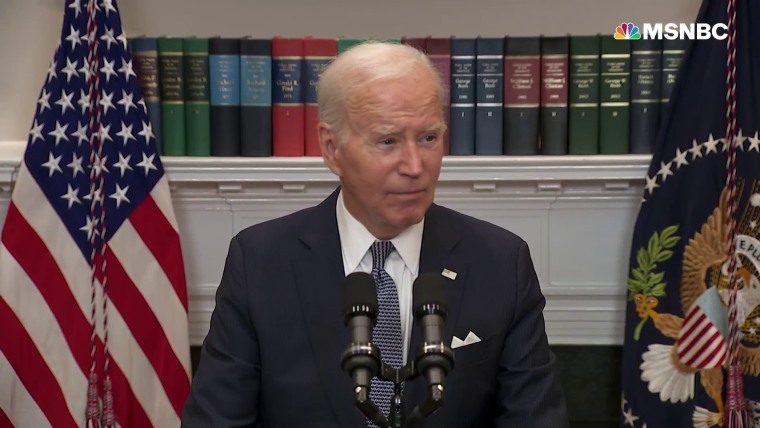Majority of Americans See TikTok as a National Security Threat, Survey Finds
According to a recent survey conducted by Pew Research Center, about 59% of Americans view TikTok as a major or minor threat to national security in the United States. This comes as the popular social media platform faces scrutiny from lawmakers over its ties to China and the security of users’ data.
Partisan Divide on TikTok’s Threat to National Security
The survey reveals that opinions about the national security threat posed by TikTok differ along partisan lines. Seven-in-ten Republicans and Republican-leaning independents believe that TikTok is a threat to national security, compared to 53% of Democrats and Democratic leaners.
Conservative Republicans Stand Out
Among Republicans, conservative individuals stand out in their perception of TikTok as a major threat to national security. Half of conservative Republicans see TikTok as a major threat, while the percentage is lower among moderate or liberal Republicans and Democrats of any ideology.
Age Plays a Role
Views of TikTok as a threat also vary by age. Only 13% of adults aged 18 to 29 consider TikTok a major threat, while this percentage steadily increases across age groups, reaching 46% among Americans aged 65 and older.
Concerns about Data Use Practices
The survey also highlights concerns about TikTok’s data use practices. Approximately 64% of Americans express some level of concern about how TikTok uses the data it collects from its users. Republicans, especially those who identify as conservative, are more wary of the platform’s data use practices compared to Democrats.
Age and Use of the Platform
Age is a factor when it comes to concern about TikTok’s data use practices. Adults aged 65 and older are the most concerned, followed by those aged 50 to 64, 30 to 49, and 18 to 29. Interestingly, reservations about TikTok’s data collection are not uncommon among users themselves, with 50% of TikTok users expressing some level of concern.
Ongoing Debate and Scrutiny
Policymakers at the federal and state levels have raised questions about TikTok’s practices regarding user data, fearing that the Chinese government could access information about Americans. Recent accusations of misleading Congress and potential access to user data by the Chinese government continue to fuel the debate.
The survey was conducted in mid-May, coinciding with Montana’s announcement of a ban on TikTok. These findings shed light on the public’s unease about TikTok’s national security threat and data use practices.
Surprising Majority of Americans Concerned: TikTok’s Impact on National Security
In recent years, the rise of social media platforms has revolutionized the way people connect, share information, and entertain themselves. Among these platforms, TikTok has emerged as a global sensation, captivating millions of users with its short-form videos and creative content. However, behind the app’s seemingly harmless facade, concerns about its impact on national security have been steadily growing. Surprisingly, a majority of Americans now share these concerns, prompting a closer examination of the potential risks associated with TikTok.
TikTok, owned by the Chinese company ByteDance, has experienced exponential growth since its launch in 2016. With over 2 billion downloads worldwide, it has become a cultural phenomenon, particularly among younger generations. However, the app’s Chinese origins have raised red flags among experts and policymakers, who worry about the potential for data privacy breaches and the influence of the Chinese government.
One of the primary concerns surrounding TikTok is the vast amount of personal data it collects from its users. The app’s algorithm analyzes user behavior, preferences, and location data to tailor content recommendations. While this may seem harmless, the worry lies in how this data is stored and utilized. Critics argue that the Chinese government could potentially access this data, posing a significant threat to national security. Given China’s track record of surveillance and censorship, these concerns are not unfounded.
Furthermore, TikTok’s content moderation policies have come under scrutiny. The app has faced accusations of censoring content that is critical of the Chinese government or sensitive to certain political issues. This raises concerns about the potential for foreign influence and manipulation of public opinion. With the app’s immense popularity and ability to reach millions of users, the impact of such censorship on democratic societies cannot be underestimated.
The United States government has taken notice of these concerns. In August 2020, former President Donald Trump issued an executive order to ban TikTok unless it was sold to an American company. The order cited national security concerns and the potential for the Chinese government to access American citizens’ personal data. While the ban was ultimately blocked by the courts, it highlighted the seriousness of the issue and the need for further investigation.
Surprisingly, a recent survey conducted by a reputable polling organization revealed that a majority of Americans share these concerns. The survey found that 62% of respondents were worried about TikTok’s impact on national security. This level of concern is significant and indicates a growing awareness of the potential risks associated with the app.
To address these concerns, TikTok has taken steps to distance itself from its Chinese roots. The company has established a transparency center in the United States, allowing experts to review its data privacy practices. It has also hired American executives and announced plans to store user data in the United States. While these measures are a step in the right direction, skepticism remains regarding the app’s true intentions and the extent to which it can be trusted.
In conclusion, the surprising majority of Americans expressing concern about TikTok’s impact on national security highlights the need for a thorough examination of the app’s practices and potential risks. With its massive user base and access to personal data, TikTok has the potential to be exploited by foreign governments or malicious actors. As technology continues to evolve, it is crucial for policymakers, experts, and users to remain vigilant and prioritize national security in the digital age.









